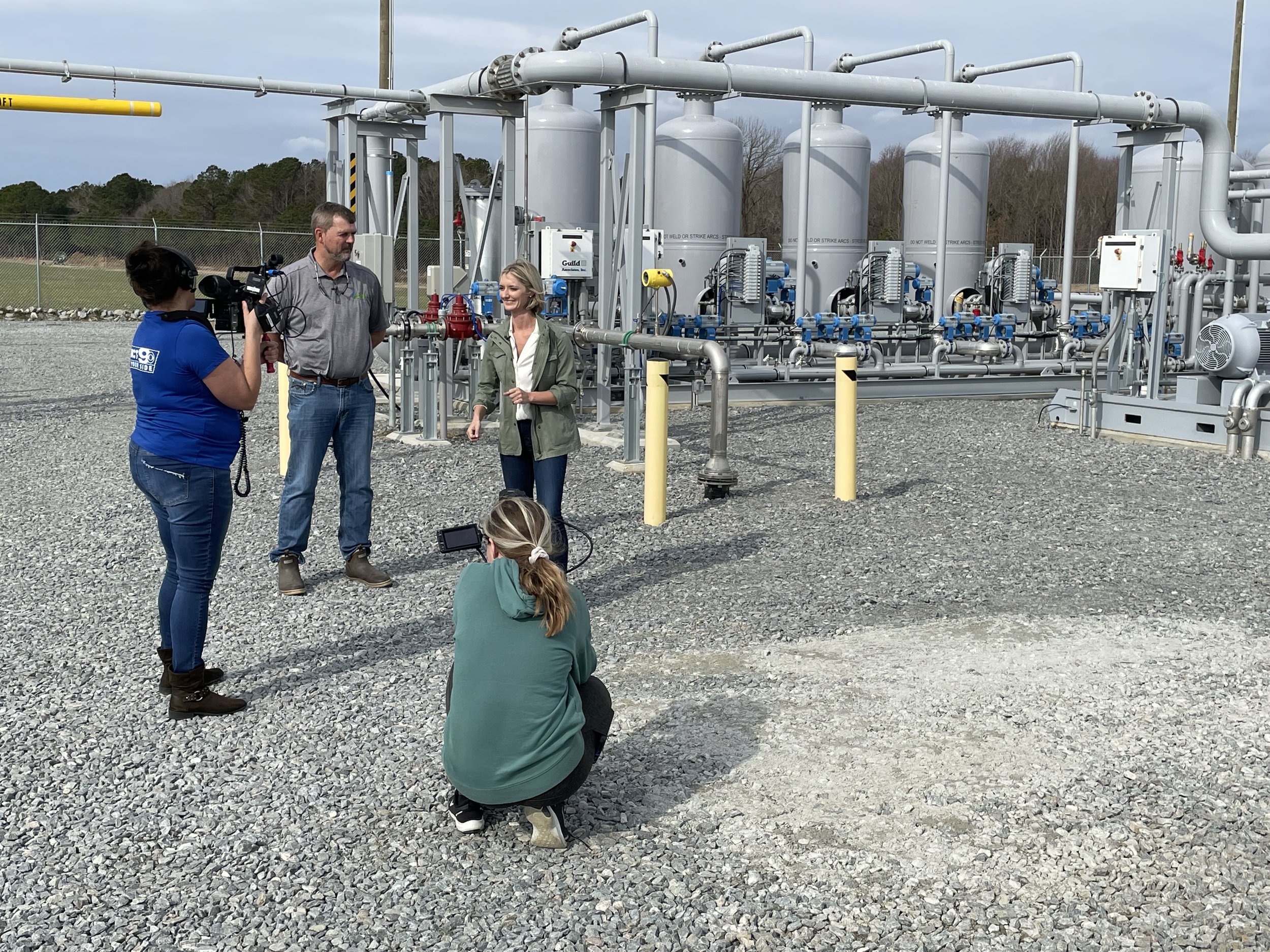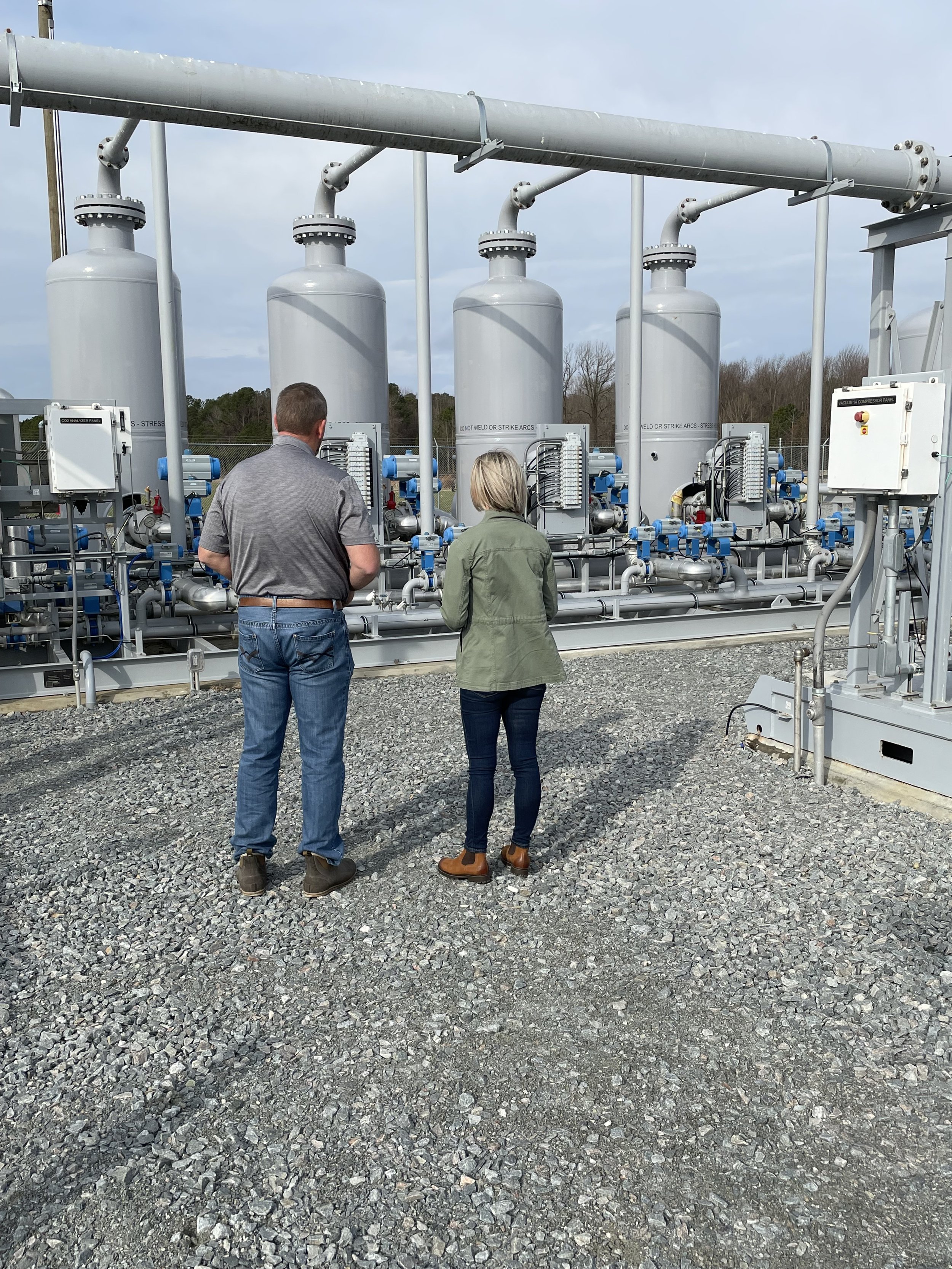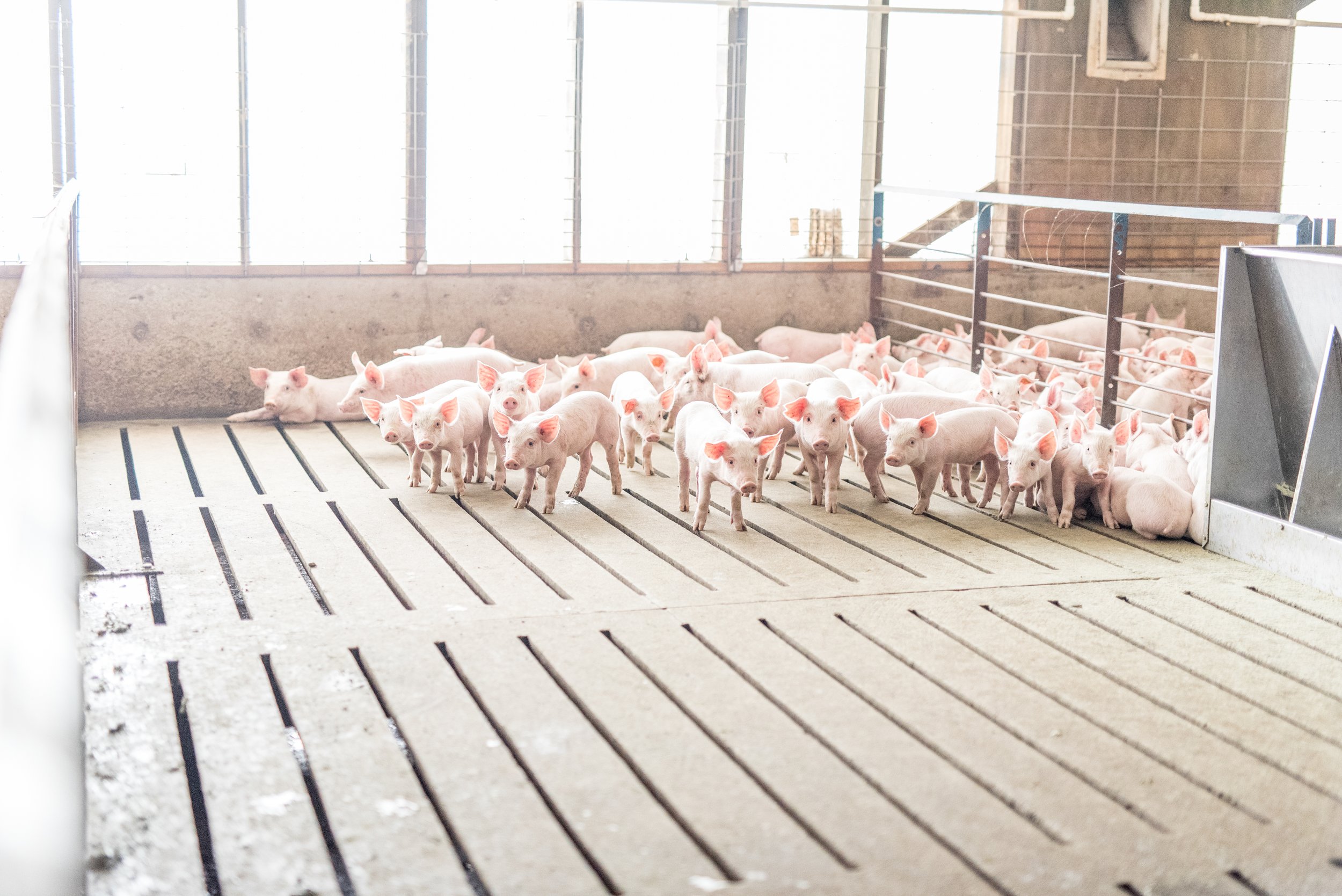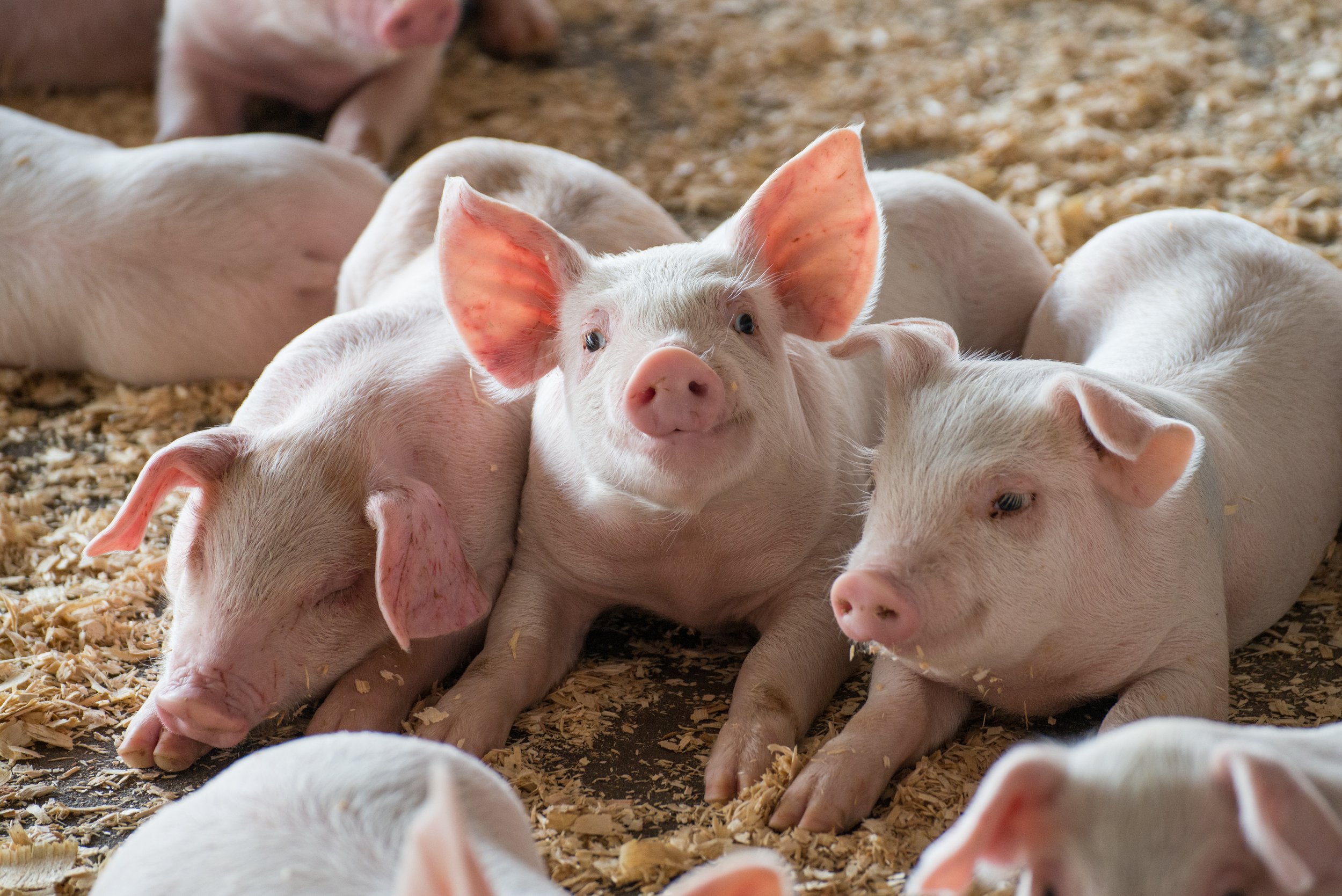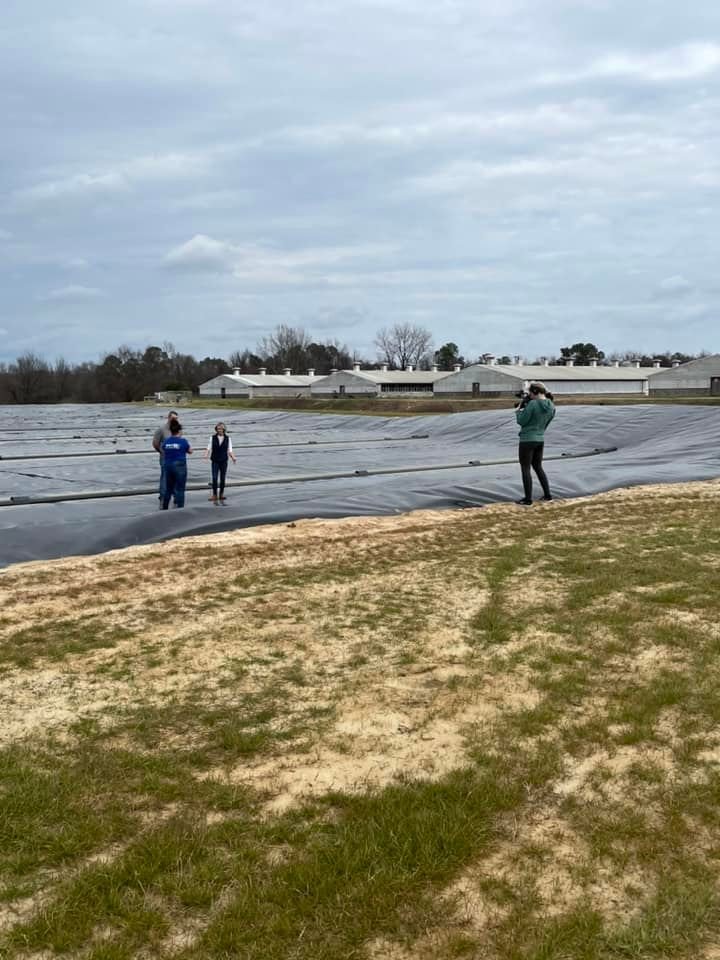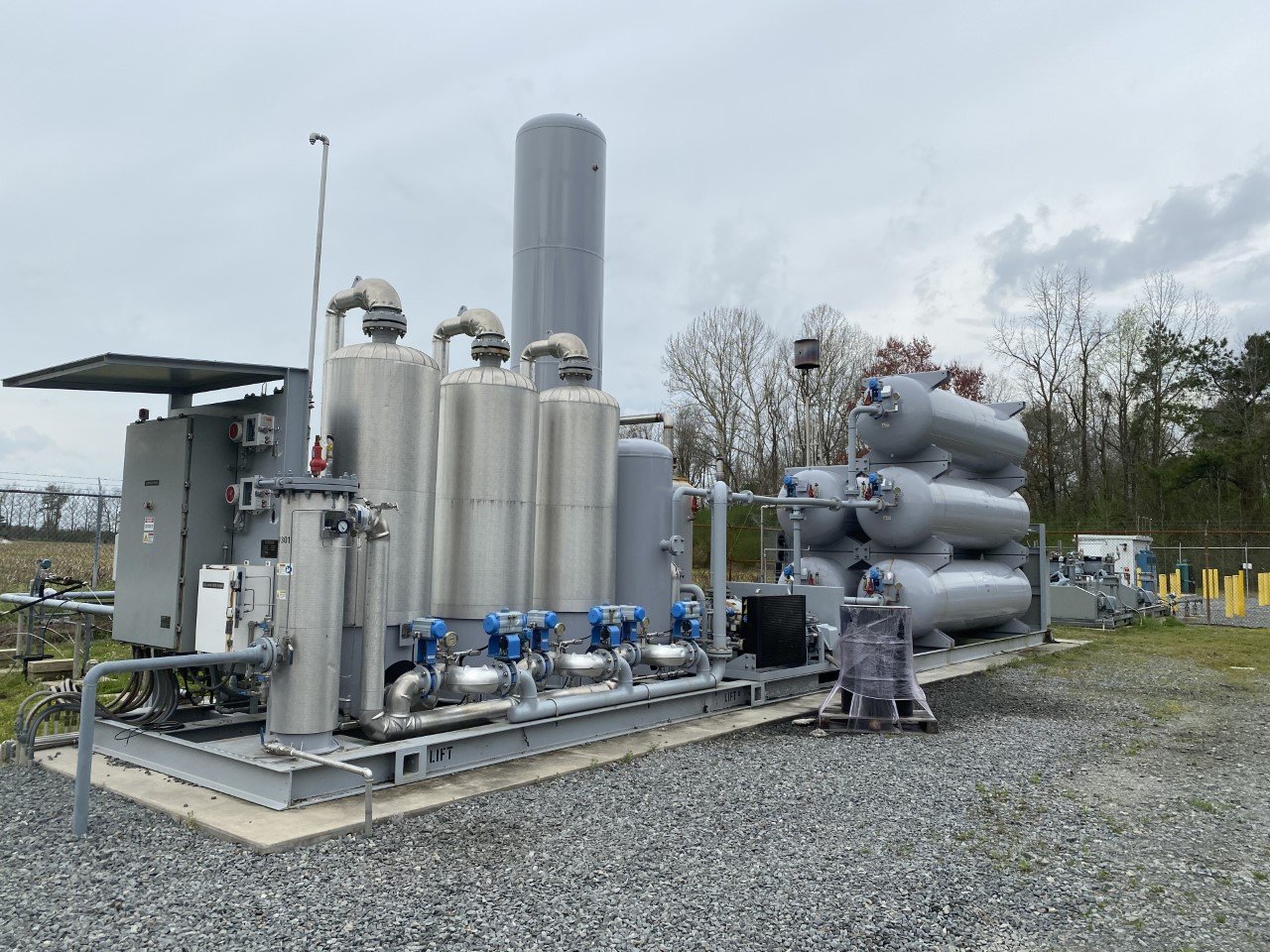Change can be scary. At the vary least, it can raise a lot of questions. With the opportunity to implement renewable natural gas projects on some of North Carolina’s hog farms, there have been many questions raised—questions of safety, impact, and simple curiosity.
While most are excited about the opportunity for NC to become a leader in RNG, there are those that have reservations. And so, we wanted to provide answers to some frequently asked questions. Whether you are a skeptic, a sucker for new technology, a community member, a farmer, or a consumer, we hope this answers some of your queries.
FAQ’s
-
No. Ammonia levels are dependent on the number of pigs. The size of farms, nor the amount of nitrogen on the farm is changing.
-
No it doesn't. Farmers will still be fertilizing crops with wastewater. However, GHG and other farm emissions will be reduced and treatment and storage capacity will be enhanced. The lagoon/sprayfield system is still highly regulated, designed by university professors, and is non-discharge. Learn more about lagoons and spray fields here.
-
Covering lagoons will decrease odor as the emissions from the breakdown of manure will be removed from the farm.
-
Farmers have long been the adopters of innovation. RNG is the next innovative frontier. RNG allows farmers to add another source of income that mitigates manure management costs, while being better stewards of the environment.
-
No. Biogas is the only thing that will leave the farms.
-
The biogas that will be transported through the gathering lines is 30-40% CO2, which is what is in a fire extinguisher. In addition, the pressure in the gathering lines will be very low, less than what is in a car tire. In these conditions, the gas is not explosive.
-
No. The only thing being added is digesters.
-
No new hog farms have been allowed to be built in NC since 1997. RNG does not change this. A modification to current Swine Permits are required to build RNG on existing farms.
-
No. DEQ found that the Swine Permit "did not discriminate on the basis of race, color, or national origin on its face, in its implementation, by its impact, or in any other way." In addition, digesters and RNG are good for the environment as described, so any impacts would be positive.
-
Simply, they have. You can see a map of these farms here. In addition, farmer’s participation is voluntary. As farmers chose to participate, they will apply for permits, and their choice to participate will be known.
-
We think there are different reasons for opposing this innovative technology. 1) people may have misconceptions about RNG. We're trying to provide answers and information to put those misconceptions to rest. 2) Sometimes people just want to be critical and would love it if pig farmers didn't exist.
-
Yes! A recent survey showed that residents strongly support RNG programs



